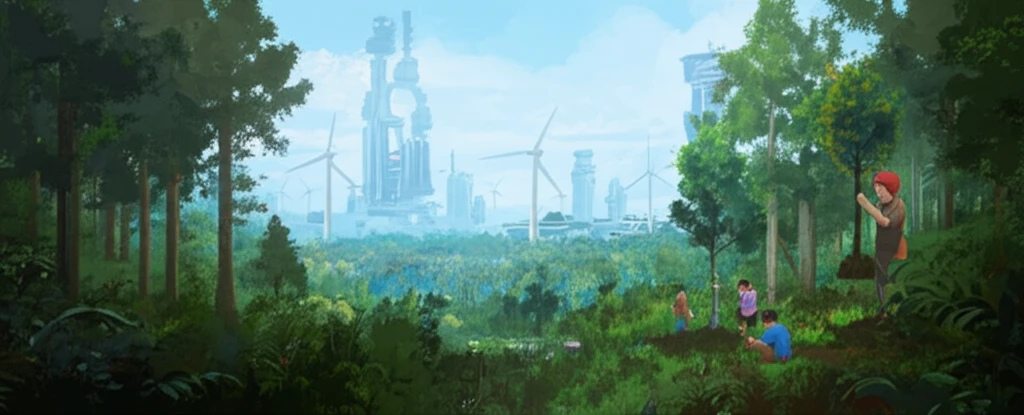
Decoding the Green Shift: How Environmentalism Is Reshaping Our World
"Explore the evolving landscape of environmental governance and citizen engagement, uncovering key insights for a sustainable future."
Environmentalism is no longer a fringe movement; it's a global force reshaping policies, economies, and societies. From the halls of government to everyday citizen actions, the drive for sustainability is creating profound change. Understanding this shift is crucial for anyone looking to navigate the complexities of the modern world.
Recent research highlights just how much effort has been dedicated to environmental policies over the last two decades. A comprehensive study, "State and Environment: The Comparative Study of Environmental Governance," delves into the policy-making processes and outcomes across various regions, providing valuable insights into what works and what doesn't.
This isn't just about academic theory; it's about real-world impact. As environmental concerns become more mainstream, it's essential to understand the underlying dynamics, the role of the state, and the power of individual citizens.
The Rise of the 'Eco-State' and the Power of Citizen Preferences

The concept of a 'green' state, or 'eco-state,' has been a topic of much discussion. This idea suggests that governments are increasingly prioritizing environmental concerns in their policies and actions. However, some argue that the real driving force behind environmentalism isn't the state itself, but rather the changing preferences of citizens.
- Citizen Preferences: The growing desire among individuals to prioritize environmental concerns.
- Policy Implementation: How governments translate citizen preferences into concrete environmental policies.
- Economic Impact: The trade-offs and adjustments required when prioritizing ecology over economic gains.
- Global Variations: Differences in environmental governance and citizen engagement across various regions.
Looking Ahead: The Future of Environmentalism
The journey towards a sustainable future is a collaborative effort. By understanding the dynamics between state actions, citizen preferences, and policy outcomes, we can work together to create a world where environmental stewardship is not just a goal, but a way of life. Stay informed, stay engaged, and be a part of the green shift that's reshaping our world.
